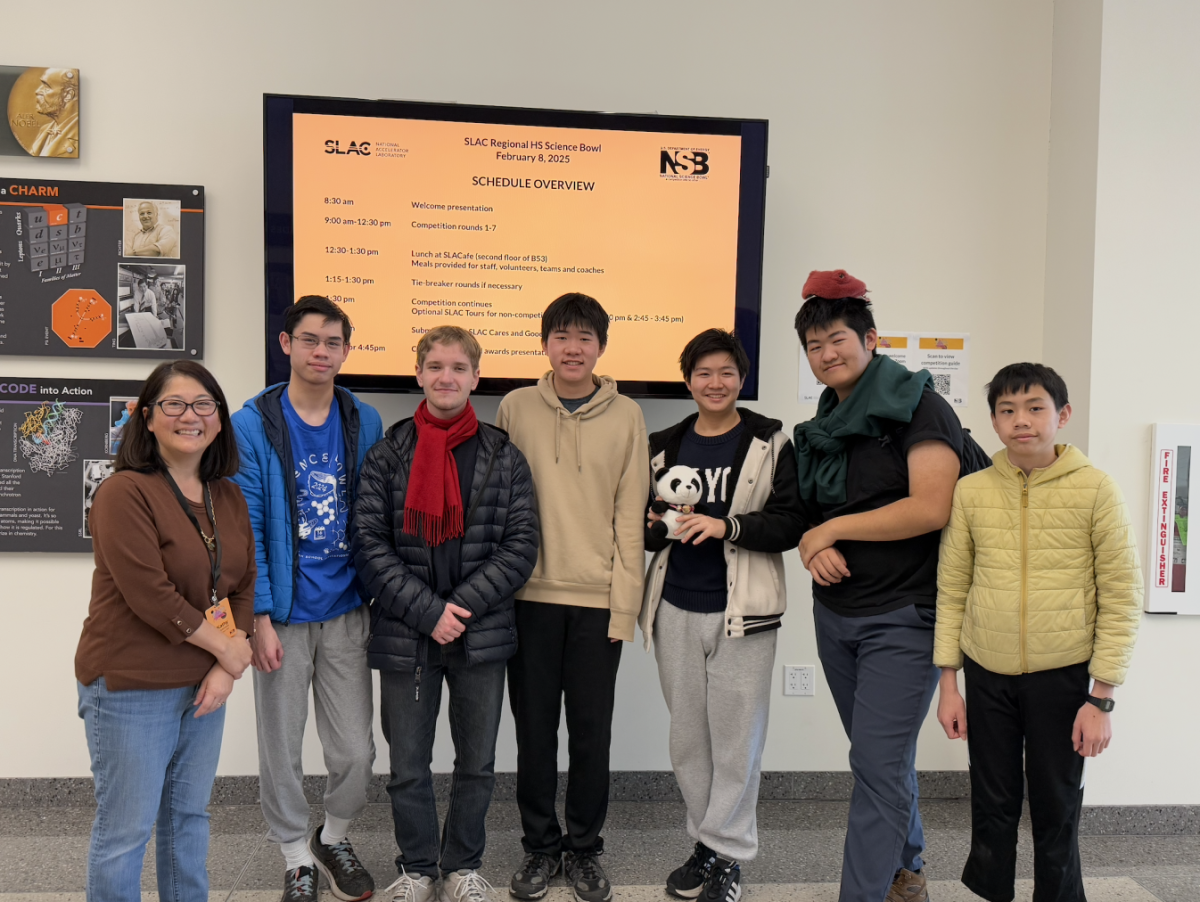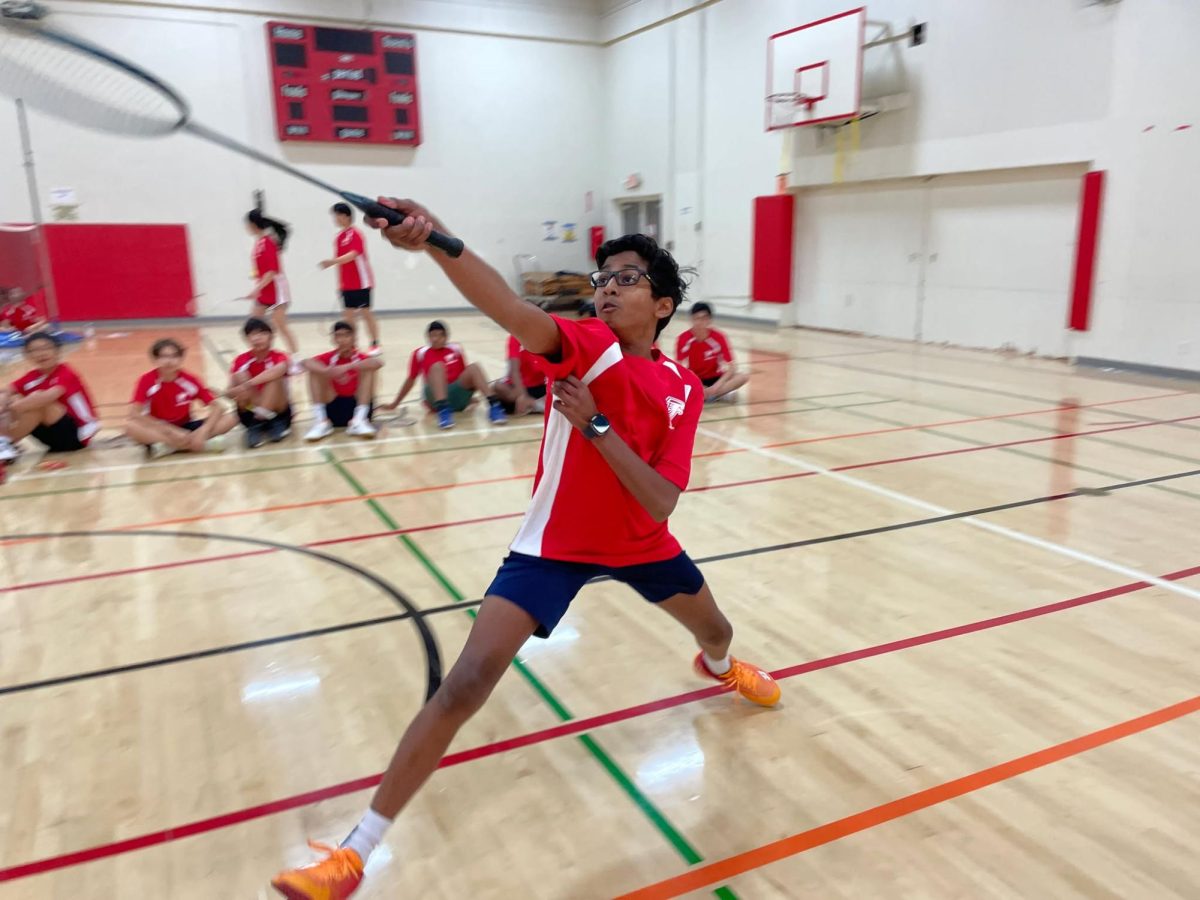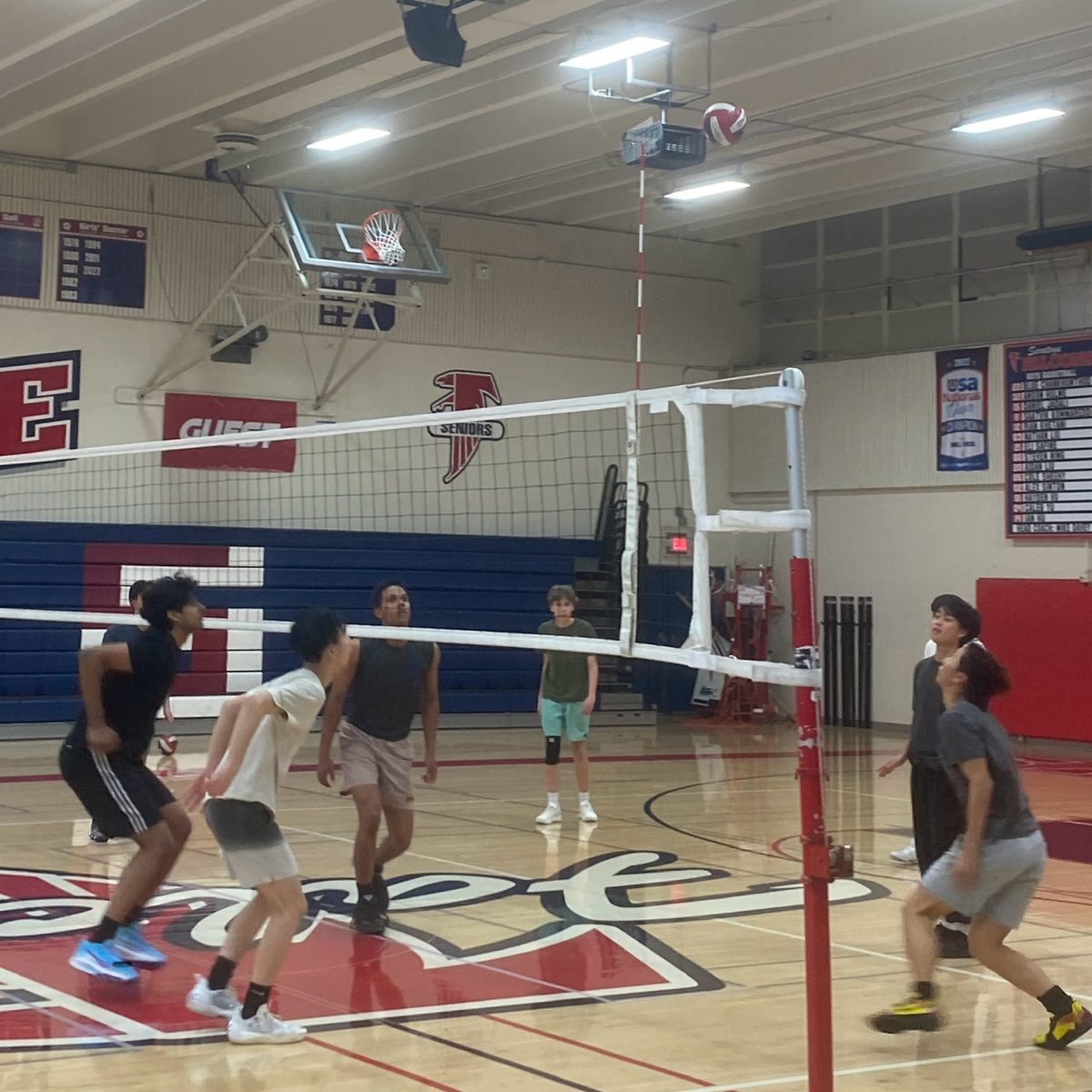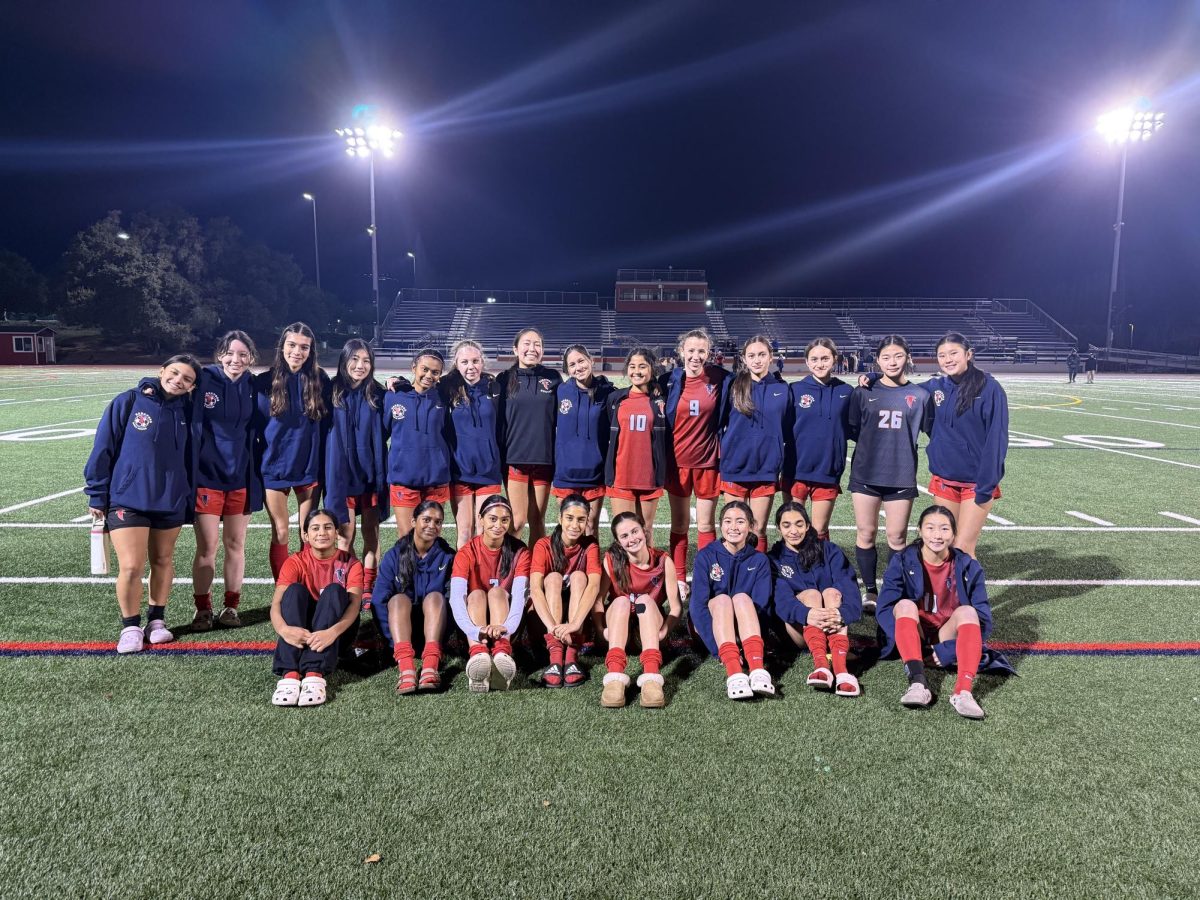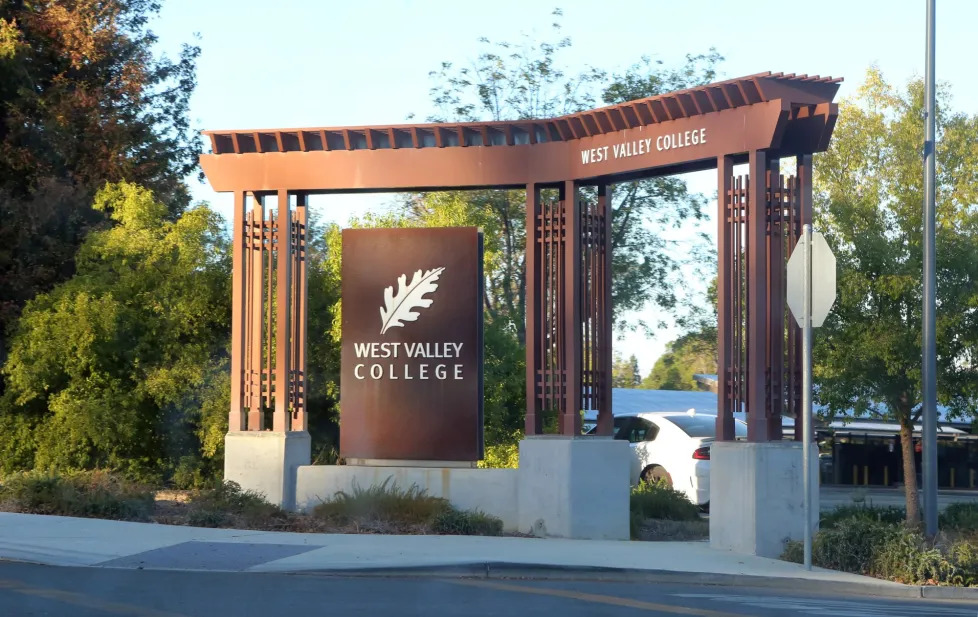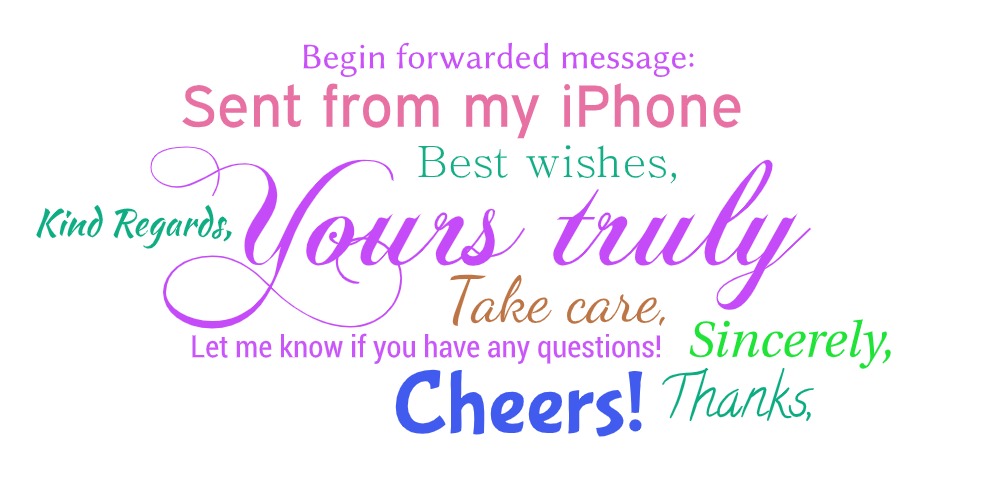As early as elementary school, children in some private schools and public school districts are given specialized quizzes and assessments to isolate their natural talents and interests. Using the results of these exams, educators develop a personalized path for the child’s education, which focuses on developing their strengths.
This approach, called Strength-Based Learning, claims to improve student outcomes and engagement by allowing students to focus on areas in which they excel. Although the idea is well-intentioned, there is a negative aspect to this teaching style: students lose the opportunity to explore a wide variety of fields to discover a passion which may or may not be a natural talent.
Schools often pay for an online strength system service, such as Thrively, where students take an assessment and are monitored through their progress in the school’s courses. Using this data, the service creates a personalized learning program, claiming to be geared towards the students’ strengths.
According to the Victoria Department of Education and Training, the types of intelligences and learning styles of students include verbal-linguistic, logical-mathematical, musical-rhythmical, body-kinesthetic, visual-spatial, interpersonal and intrapersonal. Although this knowledge provides a specific path to a practical career, it deters from the actual point of school.
Educators and parents, influenced by these test scores, can push specific courses onto children, such as engineering, advanced mathematics and computer science. A student might feel pressured to enroll in those classes despite having no interest in them.
The purpose of school is to provide children with a well-rounded education, where they can dip a foot into numerous subjects. This allows students to decide for themselves what areas they want to focus on in high school, college and their careers.
As children grow, their interests and mindsets often change. Consequently, students should receive a standard education without being pipelined into different fields through tests and experiments before they have a chance to discover their calling.
Additionally, strengths do not always correspond to passions. While one may have a tendency to perform well in a given field, a completely unrelated subject may bring him or her the greatest sense of self fulfillment.
At such a young age, it is hard to determine whether students truly have special abilities in certain areas. For instance, most kids aren’t born being good at math or science; rather, they enhance their abilities through a rigorous schooling and upbringing. What might be tricky in the fourth grade could get easier with time and become a strength.
Although it hones skills that student have a knack for, strength based learning dismisses subjects that require extra effort, claiming that they don’t lie in the students “strengths” before the student even has the chance to thoroughly experience the class.
By administering exams at such a young age and claiming to know students’ aptitudes, administrations permit students to give up early on areas that are not their natural strengths. This encourages a culture of quitting things that do not come easy, which disrupts values of grit and hard work that are important for people of all ages and professions.
There will be a time for students to use their talents and go down specific paths in life. But they should be given the flexibility to pave that path for themselves without relying on tests and experiments.

